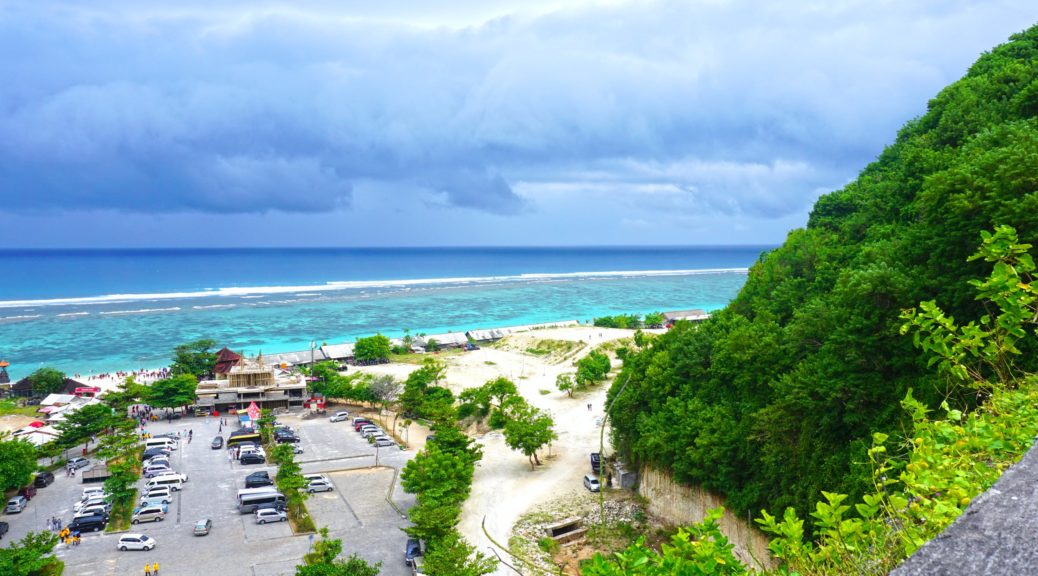By Sabrina Hsu
There isn’t much green in China. Beijing, China’s capital, is notorious for its horrendous pollution. So when I was given the opportunity to stay at a friend’s house in rural Qinghai, I was thrilled. Qinghai is one of the few well-preserved landscapes left in China – planes are not allowed to land anywhere near the small area and rarely do non-locals visit the place. Unfortunately, well-preserved usually comes hand in hand with underdeveloped economies and a heavy reliance on agriculture. But the experiences I had there, regardless of the poor conditions we lived in, will forever be some of the most precious and valuable memories I hold onto.
I was basking in the moonlight as I lied on the prickly grass in my friend’s backyard, looking up at a site so alien yet so familiar to me – stars crowded in the darkness, blinking down gently. I was in awe. This isn’t scenery one sees on a daily basis in China – in fact, in the 10 years I’ve been in Shanghai, there wasn’t a single day I could look up in the sky and see more than ten stars. We opted to sleep outside, on the moonlit plateau, to fully appreciate Mother Nature. Even though we ended up getting soaked from the downpour that night, it was still worth the experience. It’s an enchanting feeling to lie in the cradle of nature and let your mind run blank, concentrating on the things we usually take for granted. The noise that was usually covered up by cars honking or buildings under construction was crystal clear – birds chirped early in the morning, bugs buzzed around harmlessly, and the cattle and dogs roamed around freely, scraping at doors looking for food.
The next day, I rode in the back of a truck, my hair whipping in the wind as we drove through mountains of scenery. Though underdeveloped, the farms were kept in good shape and cattle roamed idly in the mountains. We arrived at our destination midway up a mountain. Changing into local clothes – long dresses with long sleeves that go way beyond one’s arms – I grabbed a bag of salt and started feeding the cows. I never knew cows enjoyed salt so much, but herds of old cows bounded towards me, scraping salt off my hands with their harsh tongues. In the end, I struggled away from the cows’ insatiable hunger for salt and tried to milk cows. The rhythmic movement of milking cows always looked so simple! But I failed again and again and didn’t manage to squeeze a single drop of milk out. I have plenty of embarrassing videos from that.
The entire trip was filled with so many activities and fond memories that I can’t even begin to describe how amazing it was. But I think the one day that will stick with me the most is the day I went mountain climbing – not mountains that have roads and stairs paved into them, but actual mountains that are almost 180° steep and if one falls, they fall to their death into the river hundreds of feet below. We had no harness, no map, and no guidance. The only things we had were support from one another and a lot of courage. By the end, we were exhausted physically from the climb and yelling chants to make sure we stuck together, but even more exhausted mentally from the fear of falling. To give ourselves a small celebration on achieving what seemed like the impossible though, we soaked our worn-out feet in the stream, which looked a lot gentler close up than from on the top of the mountain.
This trip taught me to open my eyes and fully appreciate the things and people around me. What we have will only become better if we make them so. It doesn’t matter where you go or what you do, as long as you put yourself into it completely, you’ll get something (good) out of it. And definitely, step out of your comfort zone and do something you think is impossible. Do something you love and always wanted to do – that’s what college is for! The friends who will stay with you for the rest of your life are the ones who will support you and stand by you when you fail or make a fool out of yourself trying something new.
Step out there and fight on!
Featured image from Pxfuel
Sabrina is studying Health and Human Sciences and minoring in Chinese for Professions and Managing Human Relations. Though born around the Bay Area, Sabrina moved to Shanghai, China at the age of 8 and has since then attended different international schools. She has 4 years of tutoring experience both in student organizations in her high school and outside of school. She was also a member of the National English Honor Society and took part in the Writing Center, which focused on editing student’s essays and helping students with their English classes. In her free time, Sabrina loves reading, hanging out with friends (exploring LA), and doing anything that makes her happy.



